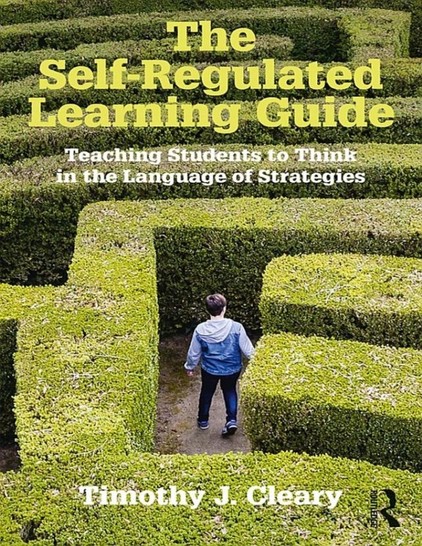The work by Robert A. Bjork and his colleagues is very helpful to make sense of the limitations of learners’ perceptions. Here are 8 summary points from their paper about self-regulated learning.
- Our complex and rapidly changing world increasingly requires self-initiated and self-managed learning, not simply during the years associated with formal schooling, but across the lifespan.
- Learning how to learn is, therefore, a critical survival tool, but research on learning, memory, and metacognitive processes has demonstrated that learners are prone to intuitions and beliefs about learning that can impair, rather than enhance, their effectiveness as learners.
- Becoming sophisticated as a learner requires not only acquiring a basic understanding of the encoding and retrieval processes that characterize the storage and subsequent access to the to-be-learned knowledge and procedures, but also knowing what learning activities and techniques support long-term retention and transfer.
- Managing one’s ongoing learning effectively requires accurate monitoring of the degree to which learning has been achieved, coupled with appropriate selection and control of one’s learning activities in response to that monitoring.
- Assessing whether learning has been achieved is difficult because conditions that enhance performance during learning can fail to support long-term retention and transfer, whereas other conditions that appear to create difficulties and slow the acquisition process can enhance long-term retention and transfer.
- Learners’ judgments of their own degree of learning are also influenced by subjective indices, such as the sense of fluency in perceiving or recalling to-be-learned information, but such fluency can be a product of low-level priming and other factors that are unrelated to whether learning has been achieved.
- Becoming maximally effective as a learner requires interpreting errors and mistakes as an essential component of effective learning rather than as a reflection of one’s inadequacies as a learner.
- To be maximally effective also requires an appreciation of the incredible capacity humans have to learn and avoiding the mindset that one’s learning abilities are fixed.
Source: Bjork, R.A., Dunlosky, J., Kornell, N., 2013. Self-Regulated Learning: Beliefs, Techniques, and Illusions. Annu. Rev. Psychol. 64, 417–444. https://doi.org/10.1146/annurev-psych-113011-143823
Share this:
#learningStrategy #lifelongLearning #memory #metacognition #retrieval #selfManagedLearning #selfRegulatedLearning #transfer

